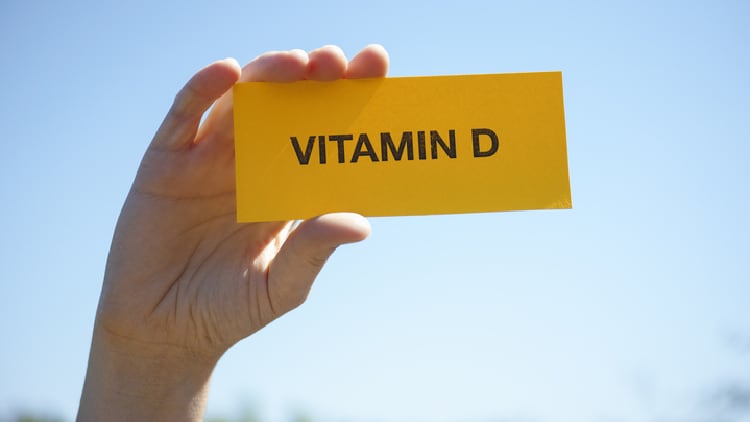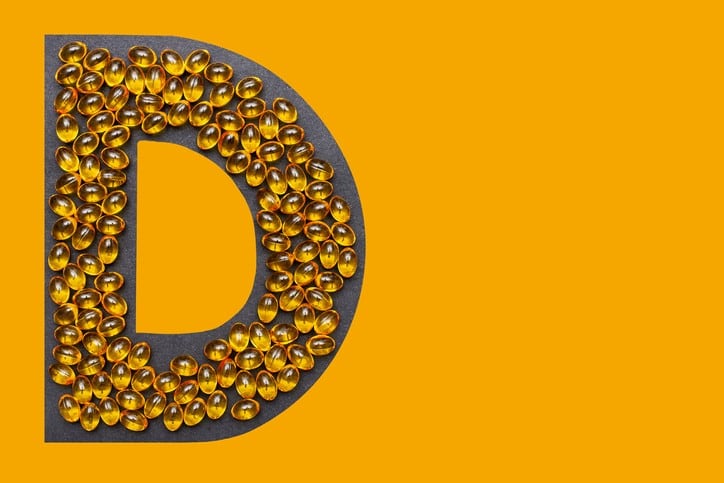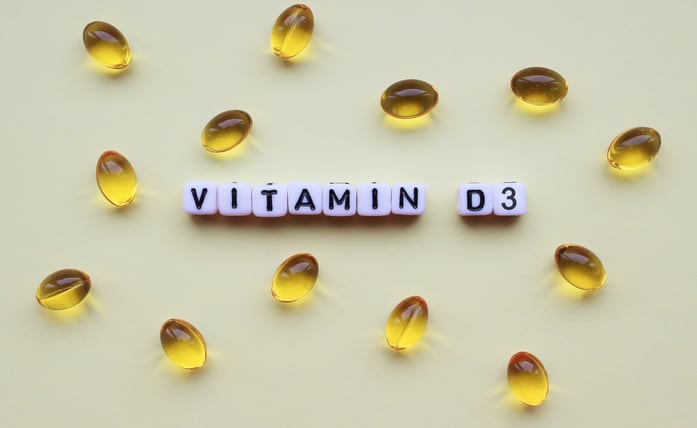Globally, invasive pneumococcal disease (IPD) is a major cause infant morbidity and death, and vitamin D has been found to promote anti-pneumococcal immune responses in vitro. However, it is not known if improved vitamin D status in infants can reduce the risk of nasal pneumococcal acquisition in early life.
Based on this, the researchers conducted an RCT to determine the impact of vitamin D supplementation in pregnancy and the first six months post-partum in generally healthy women at 17 to 24 weeks of gestation in Dhaka. In total, data on 1,060 infants was collected and studied from the trial.
The women were divided into five groups: Group A received no vitamin D supplementation at all, while those in Groups B, C and D each received a respective 4,200 IU, 16,800 IU or 28,000 IU during pregnancy only. Finally, the women in Group E received 28,000 IU of vitamin D supplementation during pregnancy and up to 26 weeks post-partum.
Does the D lower the risk?
The researchers found that even though maternal vitamin D supplementation “resulted in a delay in pneumococcal carriage acquisition”, improvements in vitamin D status in early infancy did not “delay the age of initial post-natal pneumococcal acquisition”.
Maternal vitamin D supplementation improved both maternal and infant levels of 25(OH)D (the major circulating form of vitamin D) at birth, with “sustained effects in the group of infants born to mothers who received 28,000 IU during the postpartum period”. As such, few infants in this group (Group E) had biochemical vitamin D deficiency up to six months of age.
However, pneumococcal acquisition rates and carriage dynamics were similar in Group E and the placebo group, with “no evidence of a beneficial dose-response effect”. The researchers also noted that there was likely a “greater rather than reduced tendency to have a positive carriage state” in the same group.
Furthermore, pneumococcal density was similar in Group E and the placebo group, with “no evidence of a beneficial dose-response effect on density”. While factors such as the reduction of pro-inflammatory cytokines indicated that vitamin D supplementation prompted the anti-pneumococcal immune response, the researchers stated that vitamin D may be “more effective in preventing carriage or promoting (pneumococcal carriage) clearance in adults and older children than in infants.
Other factors to consider
The researchers acknowledged that the lack of serotype data was the study’s main limitation, saying it was “plausible that vitamin D could differentially affect serotype acquisition based on its virulence and its propensity to induce an immune response”.
While maternal vitamin D supplementation did not delay or lower the rate of pneumococcal carriage or carriage density in early infancy, there may be other mechanisms through which vitamin D supplementation could enhance host response to pneumococcal conjugate vaccines, or lower the risk or severity of IPD.
The researchers concluded that, “given the anti-pneumococcal effects of vitamin D in vitro, further trials designed specifically to examine the effects of vitamin D supplementation on IPD or to enhance the response to vaccination may be warranted in high-risk populations”.
Source: BMC Infectious Diseases
https://doi.org/10.1186/s12879-022-07032-y
“Effect of maternal vitamin D supplementation on nasal pneumococcal acquisition, carriage dynamics and carriage density in infants in Dhaka, Bangladesh”
Authors: Mahgol Taghivand, et al.




